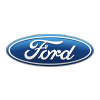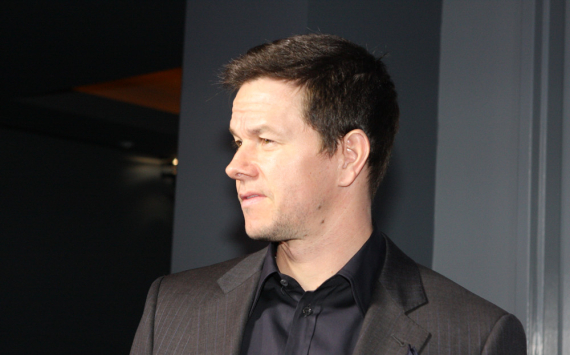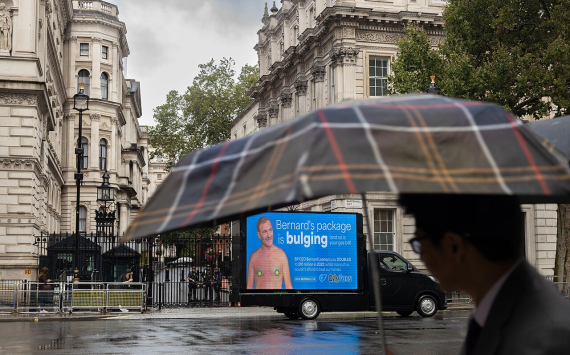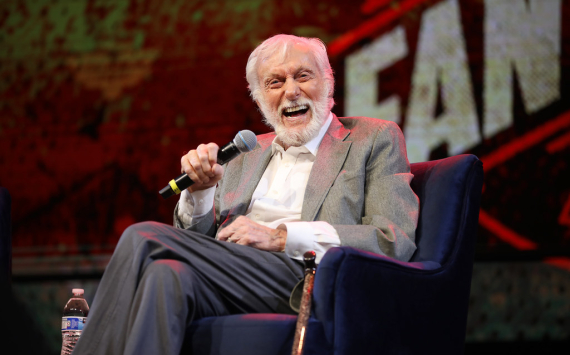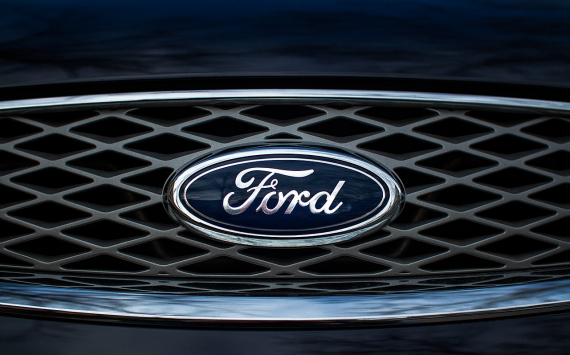
Electrifying Evolution
In a recent address at the Wolfe Research Global Auto and Auto Tech Conference, Ford's CEO Jim Farley reflected on pivotal aspects of the company's trajectory, spanning from labor relations to electric vehicle (EV) strategies. Notably, he underscored Ford's enduring relationship with the United Auto Workers (UAW), tracing back to the 1970s, despite a recent disruption at its Louisville, Kentucky plant due to a UAW strike.
Farley elucidated Ford's commitment to producing highly lucrative large pickup trucks domestically, even amid the higher costs associated with maintaining unionized labor, in stark contrast to competitors outsourcing to Mexico. Emphasizing the intrinsic value of this approach as the "right kind of cost," Farley positioned it as foundational to Ford's ethos.
Moreover, Farley articulated Ford's proactive stance towards cost optimization, envisioning $2 billion in savings this year through internal restructuring. He expressed confidence that these efficiencies would offset UAW contract expenditures, signaling Ford's strategic agility in navigating industry dynamics.
Shifting gears to EVs, Farley delineated Ford's strategic focus on affordable, compact EVs and electric utility vehicles like pickup trucks and full-size vans. Anticipating profitability fueled by federal tax incentives, he outlined forthcoming EV releases between 2025 and 2027, underscoring Ford's investment in future mobility solutions.
Farley's forecasted decline in EV battery prices, buoyed by heightened market competition, underscores Ford's anticipation of evolving industry landscapes. Proposing the adoption of common cylindrical cells to enhance procurement capabilities, he positioned Ford at the forefront of technological adaptation.
Despite Ford Model E's pre-tax loss, offset by profits from commercial and internal combustion engine vehicles, Farley projected intensified competition from Chinese EV manufacturers. With Chinese EVs gaining traction in Europe, he highlighted the imperative for sustained innovation and market responsiveness.
In essence, Farley's address epitomizes Ford's strategic agility, balancing traditional strengths with forward-looking EV initiatives amidst a dynamic automotive landscape.



